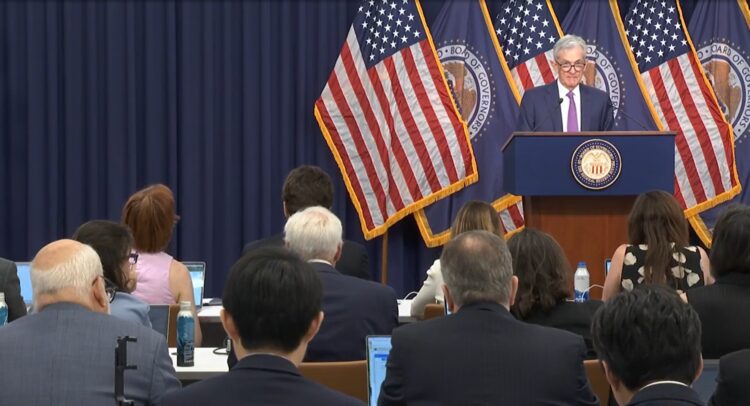The upcoming Federal Open Market Committee (FOMC) meeting on June 11-12 will be influenced by the recently released Beige Book. This report is published by the Federal Reserve eight times a year, three weeks before a monetary policy meeting. It’s used extensively at the FOMC meetings for its valuable insights into the health of the U.S. economy at a regional level. Below is a breakdown of what the most recent Beige Book says about the economy.
What Is the Beige Book, and How Is It Used?
The Beige Book provides a qualitative assessment of economic activity across the 12 Federal Reserve Districts. It gathers information from business contacts, economists, and community organizations to provide a snapshot of regional trends. The Fed relies on this information to make decisions about interest rates and other monetary policies. Investors looking to assess business conditions or predict the Fed’s actions find that understanding the Beige Book helps identify potential risks and opportunities in various investment sectors.
Mixed Signals from Across the Nation
The current Beige Book, released on May 29, 2024, provides a mixed picture. While economic activity continues to expand, there are signs of a slowdown, with some districts reporting flat growth. Consumer spending, a key driver of the economy, appears to be weakening, as many businesses have noted a decline in demand. Investors may read this slowdown in consumer spending as a yellow light for certain sectors, like retail.
Persistent Inflation Remains a Concern
Despite the Fed’s efforts to curb inflation, the Beige Book indicates that prices continue to rise, albeit at a slower pace. While some businesses are offering discounts to combat consumer resistance, others report rising input costs, which could potentially lead to renewed inflation in the future. Investors may take this to mean they should consider sectors that can potentially benefit from inflation, such as commodities or real estate investment trusts (REITs).
Labor Market Shows Signs of Cooling
The Beige Book offers some market-friendly news on the labor market. While wage growth remains steady, it’s gradually normalizing toward pre-pandemic levels. Additionally, hiring appears to be slowing down, indicating a potential easing of labor shortages. A less tight labor market could benefit companies struggling with rising personnel costs, such as those in hospitality.
Key Takeaway
The FOMC meeting on June 11-12 will be crucial for investors. The mixed signals from the Beige Book, including a slowdown in some sectors and persistent inflation, create a complex economic landscape. By understanding these regional trends and the Fed’s potential response, investors can make informed decisions and navigate the coming months with greater confidence.
Questions or Comments about the article? Write to editor@tipranks.com
















